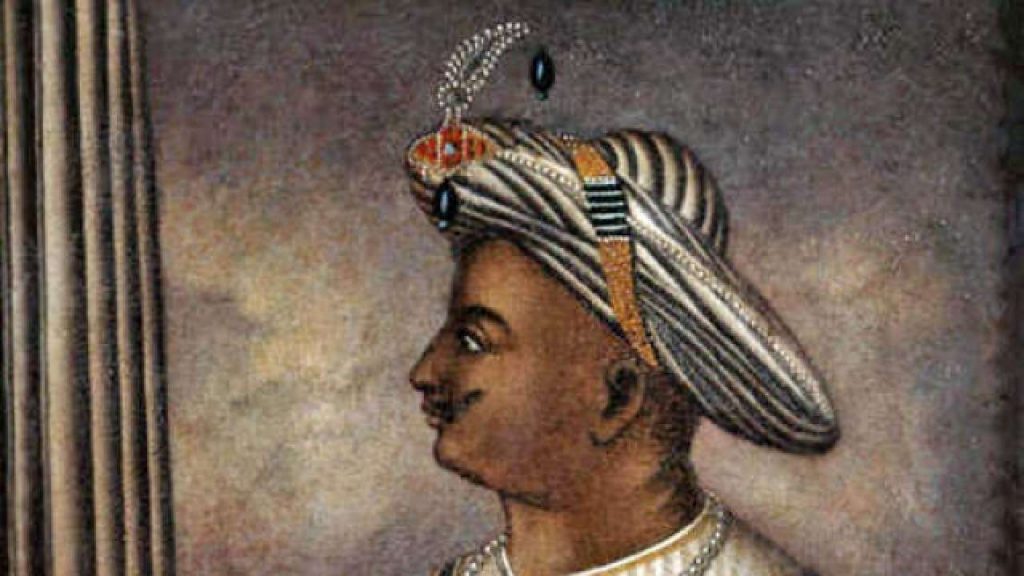Tipu Sultan Death Anniversary: Fateh Ali Sahab Tipu, also known as Tipu Sultan, was a well-known Indian liberation fighter. Tipu Sultan ruled the kingdom of Mysore and acquired the nickname ‘Tiger of Mysore’ due to his daredevilry.
Tipu Sultan, a capable reformer and fearless warrior, led Mysore to become one of the world’s most developed kingdoms during his reign. Mysore possessed a very high standard of living, and his army utilised modern warfare. He was a staunch nationalist who detested the East India Company’s presence on his homeland. He engaged the British in multiple battles and perished a martyr in the fourth Anglo-Mysore war on May 4, 1799.
Tipu Sultan Death Anniversary: Fascinating facts surrounding his life.
- Tipu Sultan established a banking system in which he encouraged people to deposit funds in exchange for annual interest.
- The ruler of Mysore was a firm believer in the state’s monopoly over vital industries such as sugar, iron, salt, and gold. This resulted in the formation of public sector enterprises in India.
- To enhance his army, Tipu Sultan took a keen interest in science and technology, which led to the incorporation of rockets into his arsenal. He is known as the father of modern rockets, which consisted of gunpowder-filled iron tubes.
- Tipu Sultan understood the significance of a powerful navy, so he constructed dockyards in Jamalabad and Majhiabad.
- He desired to form an alliance with the French and Ottoman empires to defeat the British. He was the first Indian ruler to recognise the threat posed by the Anglo forces in India.
- Tipu Sultan granted Hindus land for the construction of temples, and his prime minister Purnaiya was also a Hindu. He has a reputation for religious tolerance.
- He introduced copper coins, including the 23-gram copper double coins.
- Following his death, the majority of his extensive book collection was returned to England by the East India Company.
- Tipu Sultan placed great importance on his dreams and recorded them in a book, the Khawab Nama. Before each battle, he searched his dreams for clues about the outcome.
- Tipu Sultan was obese, bald, and always well-groomed. He had a strong aversion to jewellery, and the only piece he wore, a gold buckle, was the cause of his demise.
The history of Tipu Sutlan is one of valour, dedication to his nation’s cause, and a reformer with a proven track record. His stories will continue to teach future generations how to love our country selflessly.

















